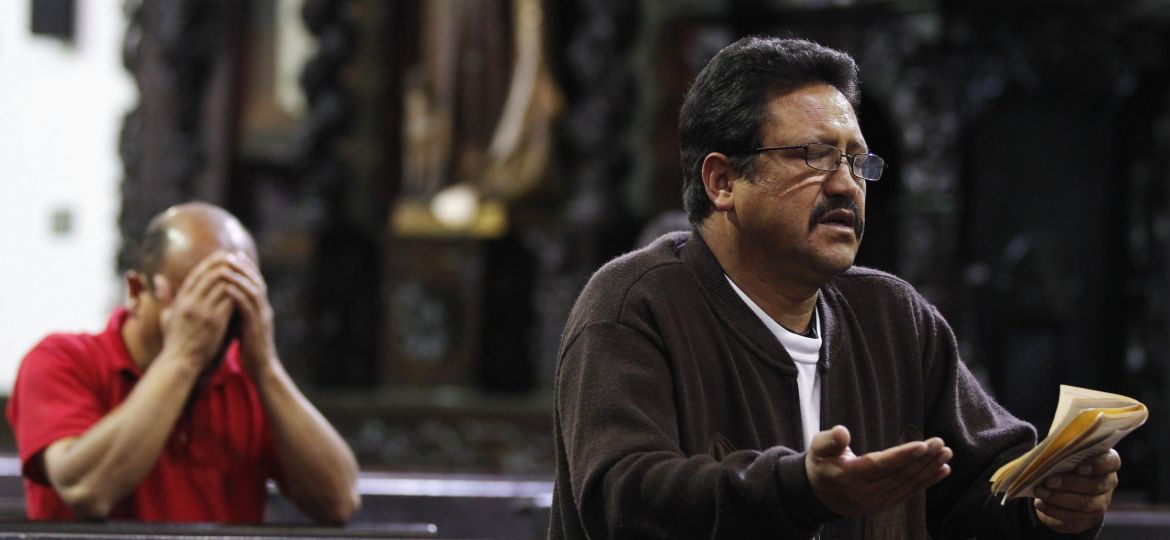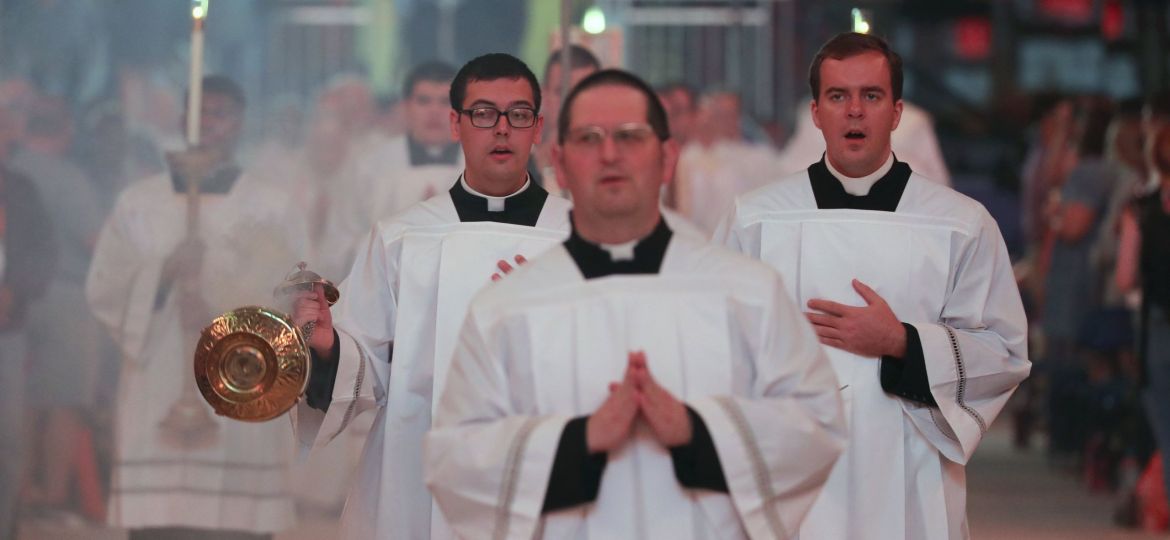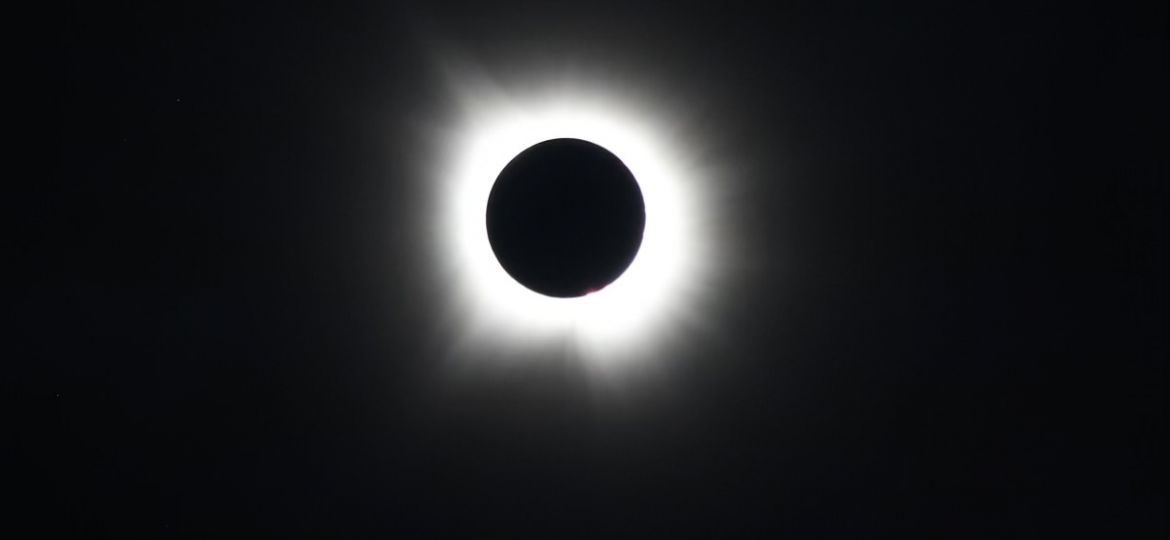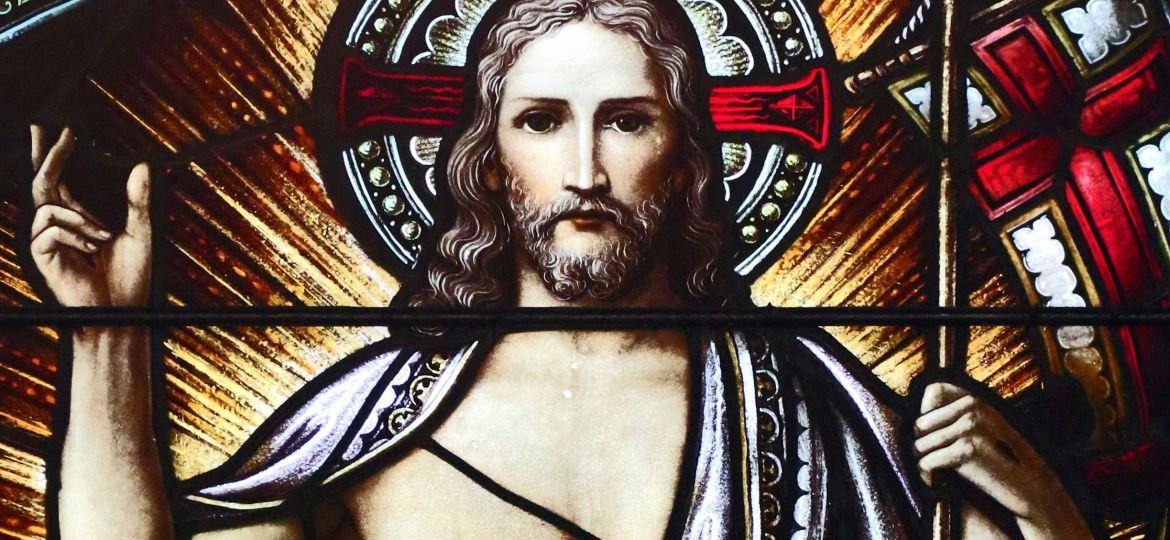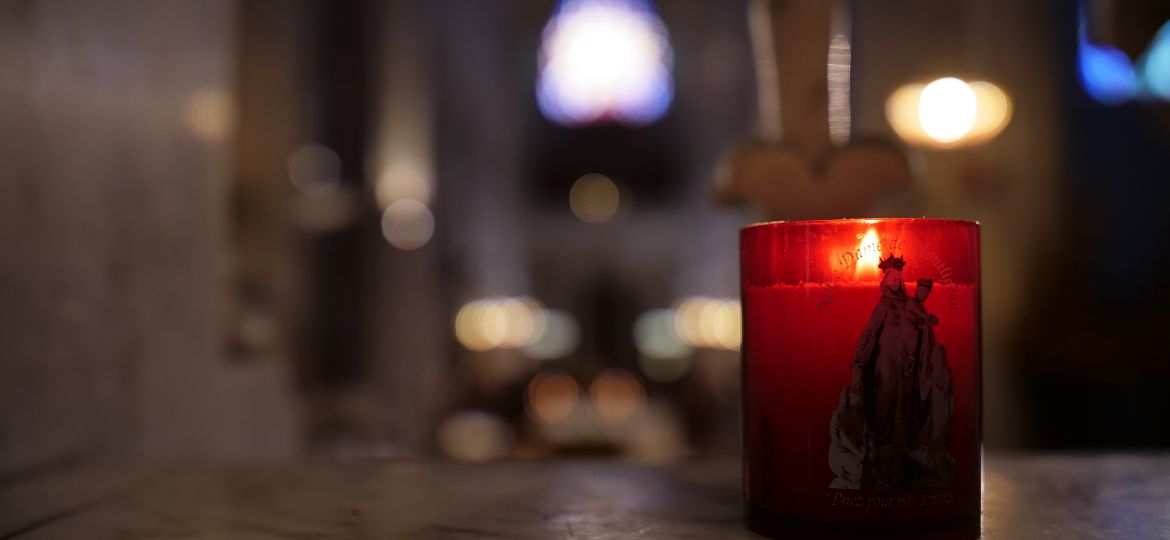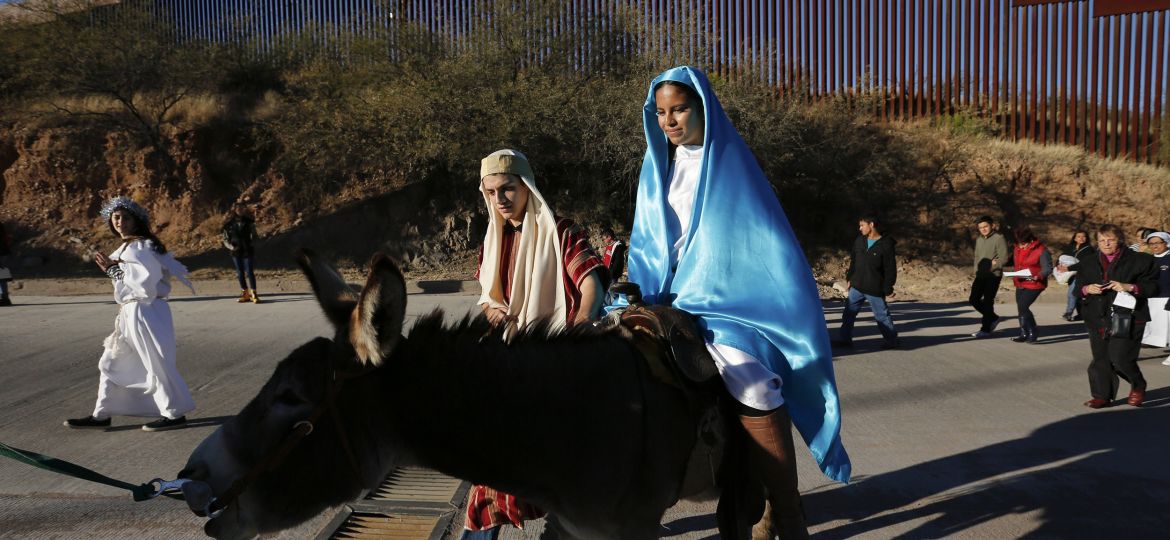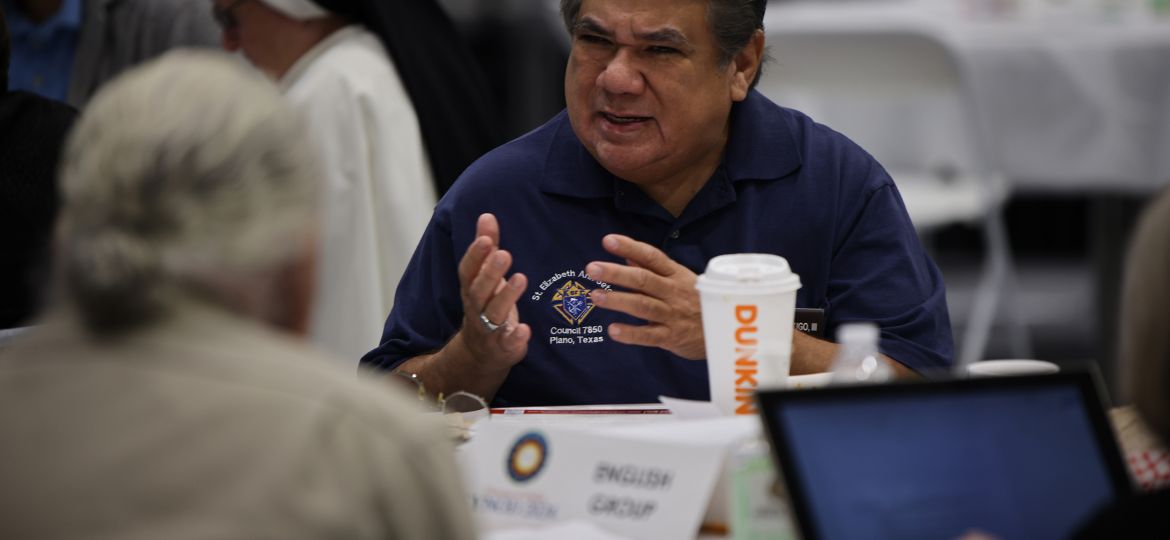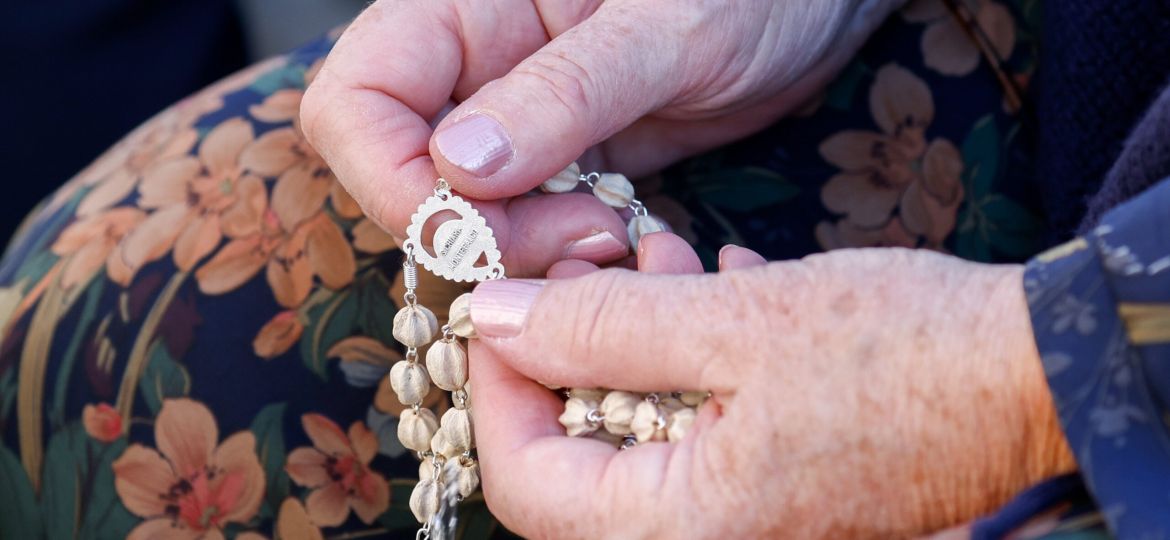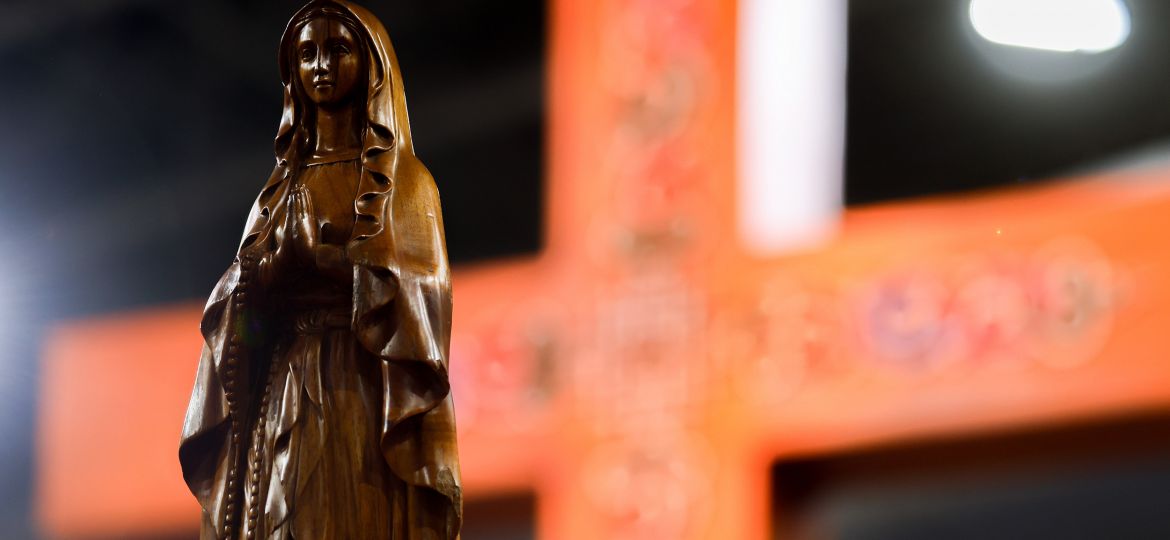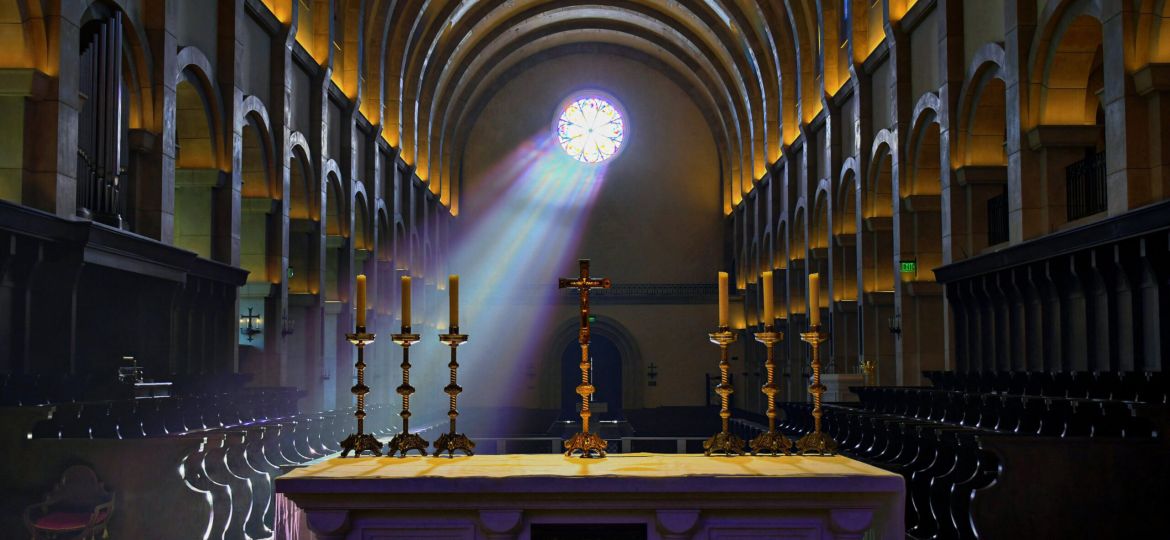What is a man? That’s a wonderful question that seems difficult to raise without provoking strong reactions. On the one hand, there are polarizing responses whose proponents seem almost to enjoy being maligned, since the hostility they experience enhances their self-image as gutsy truthtellers. On the other hand, there are also anxious responses that compulsively censor or deconstruct every effort to define masculinity, lest they or anyone in their in-group feel lacking and called to grow.
By Father John Bayer, O. Cist. Special to The Texas Catholic Last month, 60,000 Catholics gathered in Indianapolis for the…
At Cistercian, we had an incredible view of the total eclipse on April 8. After weeks of wondering whether the weather forecast would prove true – total cloud cover and even rain – we excitedly noticed the sun piercing through the clouds just as the school was processing to the abbey to celebrate the Solemnity of the Annunciation. Clouds continued to diminish during Mass, and afterward we walked with gratitude to the football field to await totality.
Lent is a season dedicated to conversion. It is a period of self-reflection, resolution, and anticipation. We must change our ways and grow. Easter is dedicated to celebrating the revelation of God’s infinite mercy, the new life and grace He showers upon us as He forgives us all our sins, heals all our infirmities, and even enables us to pass through death to share in His divine love forever.
My impression is that many people today think we live in unprecedented and negative times. They feel afraid as they watch ideologies make bold moves for economic and political power. In a certain basic sense, it is hard for me to agree that our times are unprecedented. The Church must struggle in every age, and we just don’t have that divine vision which would allow us to compare, definitively or apocalyptically, our own age with any other. On the other hand, I can easily understand the feeling that things are urgent; after all, these are our times, and so we are, quite rightly, sensitive to their dramatic character.
This Christmas I had the very edifying experience of attending for the first time a celebration of Las Posadas.
As a member of the synod preparatory commission, one of the exciting things I have seen is the synergy between clergy and laity in our diocese. Of course, we are still a pilgrim people, and the data we received from the listening sessions shows the need for further growth. Nonetheless, it has been beautiful, as a priest, to work shoulder to shoulder with so many dedicated lay people and priests on the commission and elsewhere, all of us wanting to try our best to give ourselves away for the good of the Church.
In my experience, one of the most difficult aspects of being a priest and teacher is the thought that my actions have had negative effects on others.
Mothers are gifted by God with unique insight into the mystery of life and its connection, for now, to the tragedy of death. Just think of Mary. Her maternity extended from Bethlehem to Calvary: to be a mother as God desires, Mary had to give life to a person destined to pass through death. Her fiat or “yes” to life at the Annunciation is not merely biological; it is a cooperation with God’s whole Providence for the one she births. That means that an ‘openness to life’ is at the same time a certain openness to death, and thus, for now, the joy of motherhood is always accompanied by pain (Gn 3:16; Jn 16:21).
When people die after long lives, we sometimes limit our sadness by turning their funerals into “celebrations of life” by sharing endearing stories about them, and sometimes we can even experience gratitude that the person is at rest after a difficult illness. But what do we “celebrate” for children who didn’t have much chance to live?

